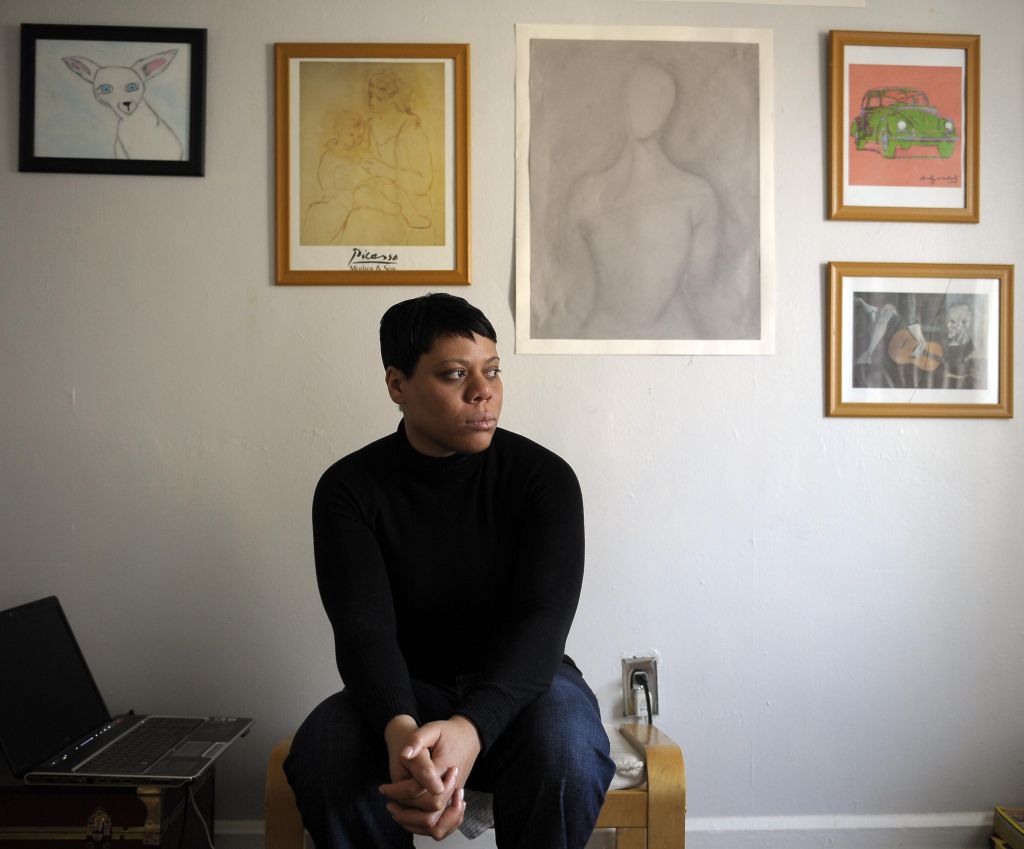
Source: The Washington Post / Getty
COVID-19 is starting to become a harsh reality for people, and one’s health is at the forefront of everyone’s mind. In a time of worry, social distancing, and pandemics, it’s very easy to focus on physical health and wellness, and nothing else. While we’re practicing safe techniques to remain healthy, we should also be focusing on ways to maintain or even evaluate our mental capacities and keep them well as we cope with this new normal. It’s already been difficult for Black people to check on our mental health, but in this time of the novel coronavirus, it is even more important for our well-being to make sure we are taking the proper precautions.
The stress during this season is real. It is natural to feel anxiety grief, disbelief, stress and a sense of dread. Make sure you notice and accept how you feel. Caring for your emotional health during this time should be a top priority. Being in an emotionally “good space” will allow you to react logically and methodically to the needs of your family, work, and community. Here are some tips to help you cope during this time:
- Take care of your physical well-being. Focus on eating balanced meals, exercise regularly (preferably outdoors), and get plenty of sleep.
- Stay connected to people in your circle. Schedule a virtual call via Skype or Zoom. FaceTime these people; or simply, pick up your phone and connect voice to voice. Maintaining healthy relationships is an important part of self-care.
- Stay informed, but do not go down the “Google rabbit hole.” Watch, listen, and read news from trusted officials. Be aware that social media often contains rumors and untruths. Limit your time on these platforms to two hours or less. It is natural to feel anxiety grief, disbelief, stress and a sense of dread. Make sure you notice and accept how you feel. Caring for your emotional health during this time should be a top priority. Being in an emotionally “good space” will allow you to react logically and methodically to the needs of your family, work, and community. Here are some tips to help you cope during this time:
- Continue to see your counselor, therapist, clergy member, or doctor even if these appointments need to be maintained via a HIPPA compliant online platform.
Pay attention if you notice signs of distress like anxiety, fear, change in appetite, trouble concentrating, difficulty sleeping (too much or too little), nightmares, headaches, stomach problems, anger or a quick temper. These signals may indicate you need more support. It is okay to ask for help.

Source: mihailomilovanovic / Getty
If you need counseling, you could call the Georgia Crisis and Access Line (GCAL) 24/7 at 1-800-715-4225 or you can contact NaviPsych LLC, a coaching and consulting company that deals with mental health awareness at 678-439-5212. If you have limited or no insurance, and need mental health treatment, please contact the local community service boards for more information. If you have youth in need of mental health counseling, you can also call The Lee Thompson Young Foundation at 678-444-4566. Be well, and stay safe.














